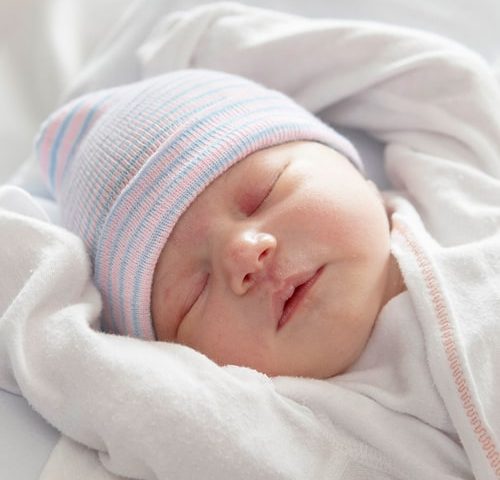What You Should Know About Colds in Newborn Babies
When newborns have a cold, they may experience nasal discharge and fussiness, among other symptoms. It’s recommended to call a pediatrician for any sickness in a baby under 3 months old.
All babies are born with some immunity to illness. Even so, it takes time for their brand new immune systems to fully mature. This makes babies susceptible to viral infections, which cause colds.
There are over 200 types of viruses that can cause colds. Luckily, most of the colds your baby gets will help increase their immunity. Even so, their very first cold can be scary for parents.
A baby can catch a cold at any age or time of year. In fact, they may get as many as 8 to 10 a year in their first 2 years. If your little one is around older children, their chances of getting colds may increase.
Common colds in newborns aren’t dangerous, but they can quickly escalate into conditions that are, such as pneumonia or croup. Any illness in a baby under 3 months old is a reason to call their pediatrician, especially if they’re running a fever.
Symptoms of colds in newborns
A stuffed or runny nose may be your first clue that your newborn has caught a cold. Their nasal discharge may start out as thin and clear, but turn thicker and yellowish-green in color over several days. This is normal, and doesn’t mean your baby’s cold is getting worse.
Other symptoms include:
• fussiness
• fever
• coughing, especially at night
• sneezing
• reduced appetite
• difficulty breastfeeding or taking a bottle due to nasal congestion
• trouble falling or staying asleep
What are other newborn illnesses that could present as a cold?
Colds in newborns have some of the same symptoms as other illnesses, such as the flu, croup, and pneumonia. This can make diagnosis at home more stressful for parents.
Flu
If your newborn has the flu, they may have chills, vomiting, and diarrhea in addition to common cold symptoms. They may also have symptoms you can’t see and that they can’t tell you about, including headache, muscle or body aches, or sore throat.
Getting a flu shot every year can help keep you from getting sick and protectTrusted Source others around you, including your newborn.
Pneumonia
A cold can advance to pneumonia quickly. Symptoms may include:
• chills
• flushed skin
• sweating
• high fever
• vomiting
• worsening cough
• rapid breathing or difficulty breathing
Croup
If your baby’s cold escalates to croup, they may have difficulty breathing, hoarseness, and a barking cough. They may also have stridor, a type of high-pitched sound that occurs due to obstructed airflow.
RSV
Respiratory syncytial virus (RSV) is a serious cause of respiratory infection that can affect people of all ages. But it is particularly serious for babies, because their airways are smaller.





ارسال دیدگاه
مجموع دیدگاهها : 0در انتظار بررسی : 0انتشار یافته : ۰